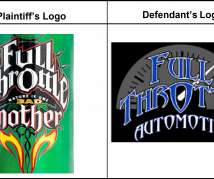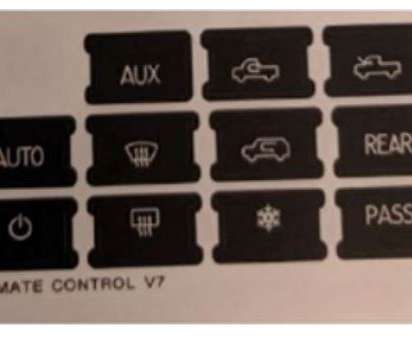Preventing Trademark Infringement or Stifling Healthy Competition? A Look at 1-800 Contacts and its Keyword Advertising Battle
LexBlog IP
OCTOBER 25, 2021
It is difficult to remember a time when keyword advertising did not dominate the internet. Most search engines, such as Google, Bing, and Yahoo, maintain keyword advertising programs which allow advertisers to bid on search terms and keywords that drive customers searching for a particular product or service to their website.












Let's personalize your content